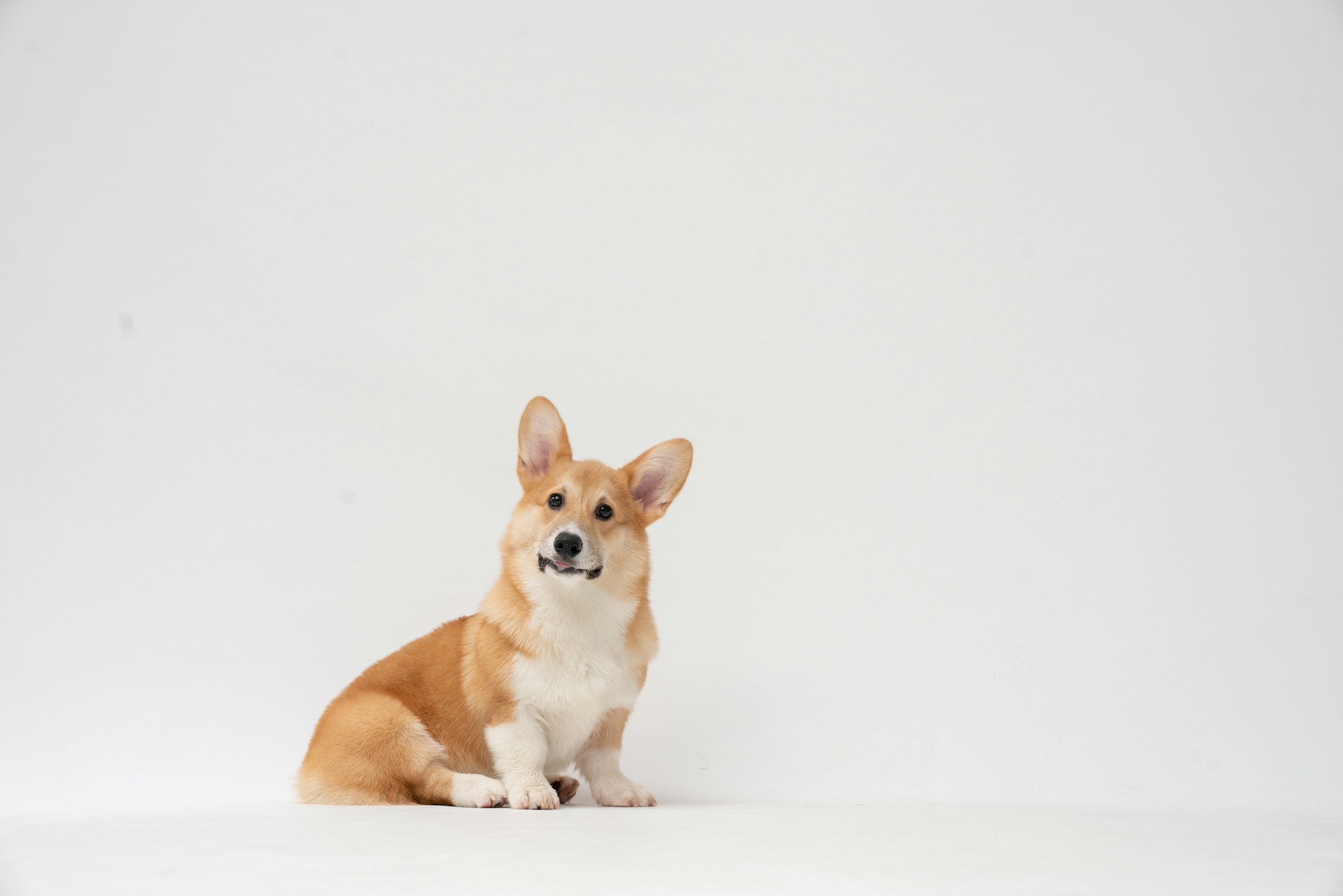Potty Training for Blind or Deaf Dogs
Tuesday, July 5, 2022 14:03:21 PM America/Los_Angeles
Blind and deaf dogs can be pretty magical. Smart, intuitive, and resilient–special needs pups are able to do so much more than we often give them credit for. With a little help, blind and deaf dogs are just as capable as any other dog of being potty trained. Though touch cues might replace verbal cues or smell might take priority over sight, deaf and blind dogs are a resourceful bunch that can be trained successfully.
Photo by fatty corgi
Can You Potty Train a Blind or Deaf Dog?
Luckily, dogs have a very strong grasp of all five of their senses. This means that even though a pooch may not be able to hear or see, they can still smell and taste–very important for rewarding canines while potty training! In addition, noses and paws are able to sense varying textures as well as heat to help guide them to a pet potty. This is all to say, yes–blind and deaf dogs can definitely be potty trained! While some adjustments may need to be made to accommodate their abilities, special needs doggos are more than capable of learning appropriate potty behaviors.
How to Train a Blind or Deaf Dog
- Play to your dog’s strength: Food-driven? The smell of a treat is clear enough, even for those doggos who may not be able to hear or see. And the taste of a scrumptious reward can be enjoyed by all fur babies regardless of ability. Use hand cues for deaf dogs and sound cues for blind dogs. And any dog would be happy to receive a loving pet or two as affirmation if both hearing and sight are compromised!
- Utilize scents to train: For blind dogs, using scents can be a way to signal appropriate spaces for going potty. In addition to the scent of treats, the smell of certain plants, (pet-safe) oils, or even an unlit candle in certain rooms can be helpful cues for our furry ones who aren’t able to rely on their eyesight.
- Be patient: Potty training can throw any dog pawrent for a loop. Training requires patience and consistency, and this is no less true for special needs pups. The good news is that the process isn’t altogether different for a blind or deaf dog than it is for those who don’t have these issues. Stay consistent and your dog will follow suit.
- Use natural pee pads: Consider using a real bark pee pad like Bark Potty. Natural dog bathrooms offer a unique smell and texture that dogs are drawn to. Offering more textural cues for your blind or deaf pup is a great way to help your furry one find the pet potty!
A lil’ extra love and patience is all it takes for our special canine friends to be potty trained, too. Blind and deaf dogs are just as good of a companion as any–just give them the chance to show you how amazing they can be!
